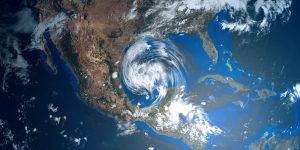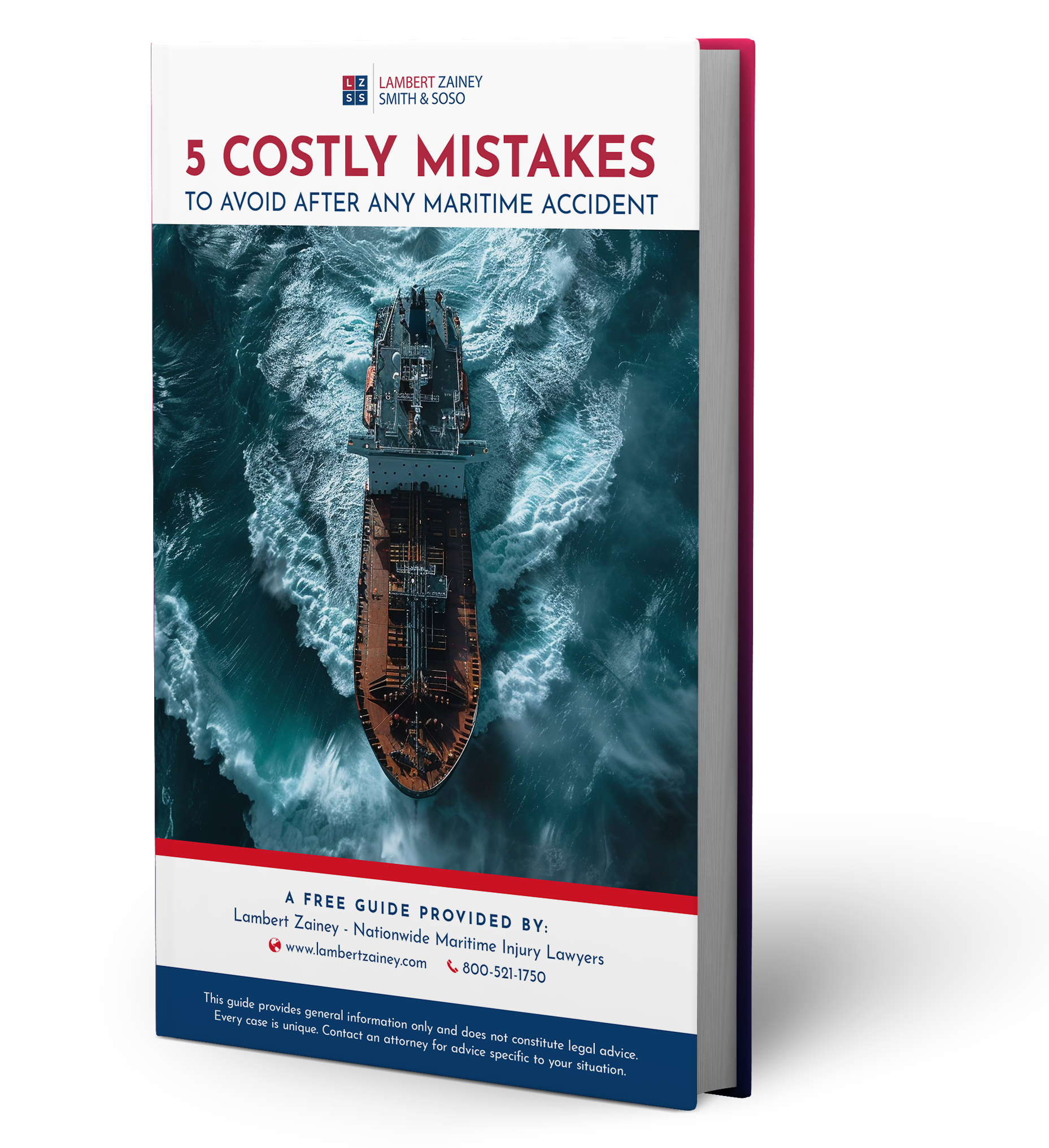There are thousands of offshore workers in the Gulf of Mexico at any one time. The offshore oil and gas industry in the Gulf of Mexico enjoys many advantages over other production regions in the world. The Gulf of Mexico has a large and relatively shallow shelf. It remains warm throughout the year. It is also close to a developed hub of hydrocarbon refining, storage, and transportation. But the Gulf of Mexico is not perfect: it has hurricanes.

Hurricanes are a huge problem for offshore workers and for the offshore oil and gas industry as a whole in the Gulf of Mexico. The Gulf of Mexico and surrounding coast accounts for 18% of US oil production, 5% of US natural gas production, and half of the US refining capacity.
When a hurricane enters the Gulf of Mexico, offshore operations and onshore refining within the potential path of the hurricane must shut down to prevent injury to oil and gas workers and damage to the environment. Refineries shut down. Manned platforms are evacuated. Work boats, supply boats, lift boats, drill ships, jack-up rigs, survey vessels, dive ships and anything else in the projected path of the hurricane has to stop what its doing to escape the coming storm. Refineries also must shut down production and take steps necessary to protect the facility’s important infrastructure. Storage facilities often must flood their storage tanks to prevent oil tanks (remember that oil floats in water) from floating in a storm surge or flash flood, dislodging and spilling oil.
If it seems unlikely that hurricanes could wreak such havoc to our oil and gas industry, know that the rules in place came from specific events in the past. In fact, Lambert Zainey handled several of the cases that led to some of the most important rules we follow today when a storm enters the Gulf of Mexico. Learning from our past mistakes is key to preventing future damage to our important oil and gas industry and is absolutely necessary to minimize injuries to offshore workers.
Get Our FREE Guide to Protect Your Claim
What you do after an accident is critical. Insurance companies will try to get you to make mistakes that can hurt your claim. Our free guide can help you avoid these traps.
Download our complimentary guide: “5 Costly Mistakes to Avoid After Any Maritime Accident” to arm yourself with the knowledge you need to protect your rights.
There are thousands of offshore workers in the Gulf of Mexico at any one time. The offshore oil and gas industry in the Gulf of Mexico enjoys many advantages over other production regions in the world. The Gulf of Mexico has a large and relatively shallow shelf. It remains warm throughout the year. It is also close to a developed hub of hydrocarbon refining, storage, and transportation. But the Gulf of Mexico is not perfect: it has hurricanes.

Hurricanes are a huge problem for offshore workers and for the offshore oil and gas industry as a whole in the Gulf of Mexico. The Gulf of Mexico and surrounding coast accounts for 18% of US oil production, 5% of US natural gas production, and half of the US refining capacity.
When a hurricane enters the Gulf of Mexico, offshore operations and onshore refining within the potential path of the hurricane must shut down to prevent injury to oil and gas workers and damage to the environment. Refineries shut down. Manned platforms are evacuated. Work boats, supply boats, lift boats, drill ships, jack-up rigs, survey vessels, dive ships and anything else in the projected path of the hurricane has to stop what its doing to escape the coming storm. Refineries also must shut down production and take steps necessary to protect the facility’s important infrastructure. Storage facilities often must flood their storage tanks to prevent oil tanks (remember that oil floats in water) from floating in a storm surge or flash flood, dislodging and spilling oil.
If it seems unlikely that hurricanes could wreak such havoc to our oil and gas industry, know that the rules in place came from specific events in the past. In fact, Lambert Zainey handled several of the cases that led to some of the most important rules we follow today when a storm enters the Gulf of Mexico. Learning from our past mistakes is key to preventing future damage to our important oil and gas industry and is absolutely necessary to minimize injuries to offshore workers.
Get Our FREE Guide to Protect Your Claim
What you do after an accident is critical. Insurance companies will try to get you to make mistakes that can hurt your claim. Our free guide can help you avoid these traps.
Download our complimentary guide: “5 Costly Mistakes to Avoid After Any Maritime Accident” to arm yourself with the knowledge you need to protect your rights.









